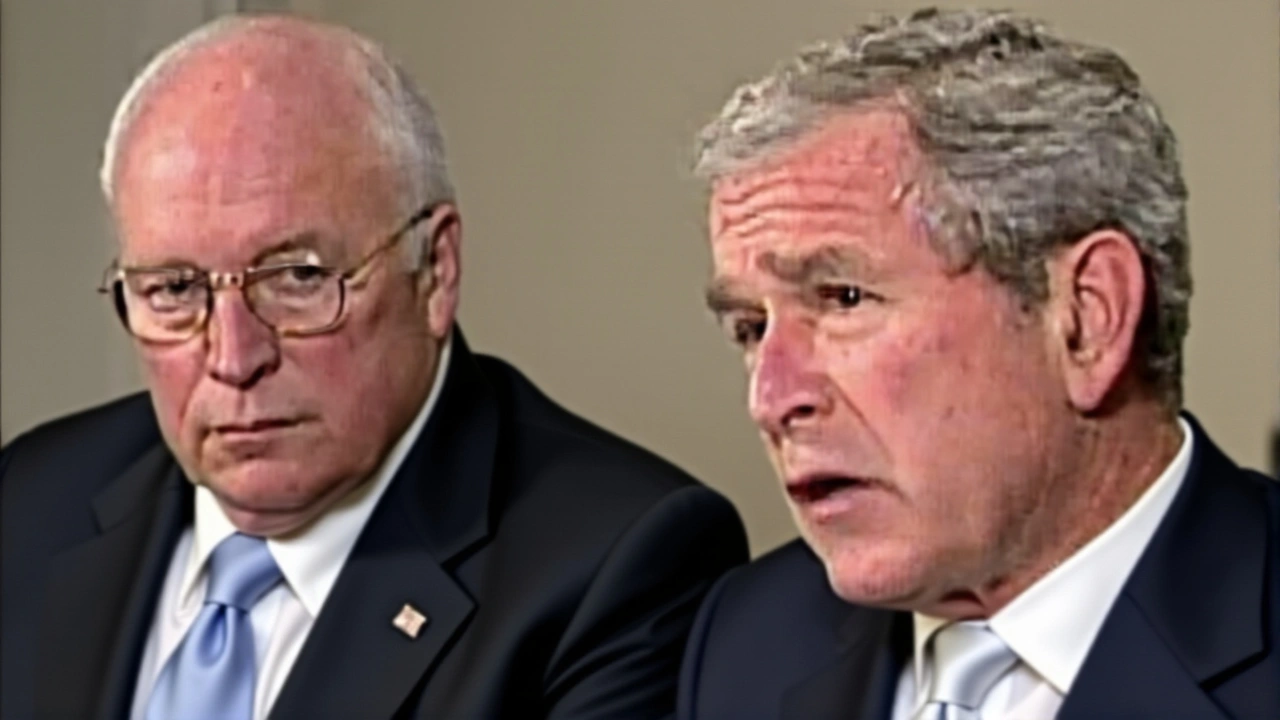Dick Cheney: Legacy, Influence, and Political Impact
When you think of Dick Cheney, a powerful American political figure who served as the 46th Vice President of the United States. Also known as the most influential vice president in modern history, he didn’t just hold office—he redefined what the role could do. Unlike many who stayed in the background, Cheney was in the room when big decisions were made: wars launched, surveillance programs approved, energy deals signed. His quiet intensity and deep knowledge of government machinery made him a force even when the spotlight was on others.
He worked closely with George W. Bush, the 43rd President of the United States, whose administration faced unprecedented challenges after 9/11, shaping responses that still echo today. Cheney pushed for aggressive intelligence gathering, supported the invasion of Iraq, and backed policies that expanded executive power. He didn’t need to be the face of the administration—he was the engine. His background as a former Secretary of Defense and House Representative gave him credibility, but it was his strategic patience and access to classified info that made him feared and respected.
His influence stretched beyond politics into energy policy, a domain where he led a secretive task force that shaped U.S. oil and gas strategy in the early 2000s. That task force, later revealed to have met with executives from major oil companies, sparked debates about corporate influence in government. Critics called it opaque. Supporters said it was practical. Either way, it changed how energy decisions were made in Washington.
Cheney’s legacy isn’t just about policy—it’s about power. He showed how a vice president, armed with experience and trust, could steer national direction without winning elections. His decisions on torture, wiretapping, and military action still draw legal and moral scrutiny. But whether you agree with him or not, you can’t ignore him. The posts below dig into his actions, his allies, his controversies, and how his shadow still falls over today’s political landscape. You’ll find real reports, timelines, and firsthand accounts that piece together who he really was—and why he still matters.

Dick Cheney dies at 84; only official to serve under both Bush presidents
Dick Cheney, the only official to serve as defense secretary under George H.W. Bush and vice president under George W. Bush, died at 84 from complications of pneumonia and heart disease, ending a defining era in American national security policy.